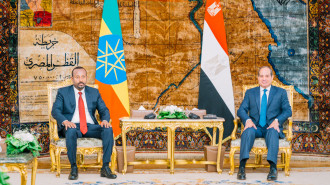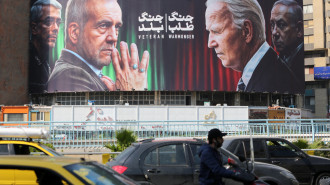Nusra's state within a state in Syria
From its name to its intentions, everything about the statement was bold: The creation of Jaish al-Fath - the army of conquest - was announced on Twitter on March 24, along with its mission to capture the northwestern city of Idlib from Syrian government forces.
Within days, regime troops had either fled or were dead in the face of a lightning offensive. A regime counter-attack lay in tatters as soldiers reportedly refused to fight or were ambushed before they got to the city.
Idlib is only the second provincial capital to fall out of government hands in more than four years of war. Raqqa, the de facto capital of the Islamic State group, was the first in 2013.
It was a stunning first act for the new alliance, whose fighters tore down statues and posters of the Assad dynasty in the city centre on March 28.
But what is Jaish al-Fath, who are its members and what does its rise mean for the war in Syria?
The alliance's senior member is the Nusra Front, al-Qaeda's foreign-dominated affiliate and the pre-eminent force in Idlib. Junior members include Ahrar al-Sham (the free men of Syria), Jund al-Aqsa (soldiers of al-Aqsa) and Liwa al-Haqq (the brigade of truth), whose members are often local.
A force to be reckoned with
Jaish al-Fath has a reported 10,000 fighters, of which Nusra claims to contribute a third. Its "unified command" has shown effective planning and direction, and its fighters are clearly motivated and well supplied - videos from the centre of Idlib show Soviet-era tanks, including T-64s, heavy mortars and radio equipment. One photograph published by Jaish showed a fighter deploying a US-made TOW missile during the battle.
| The conquest of Idlib was a stunning first act for the new alliance. |
It is clearly a force to be reckoned with.
But alliances change and dissolve with the passing of days in Syria, and Jaish al-Fath shows nothing to suggest its fate will be any different. Armed groups in Syria generally form coalitions to achieve limited, shared goals.
The Islamic Front, for instance, was formed in 2013 from groups including Ahrar al-Sham, Liwa al-Tawhid and other fragments of what once was the Free Syrian Army, which itself is now a nebulous entity.
The front's stated aim was to counter foreign-dominated groups such as IS and Nusra, as well as the Assad regime. By last month, it was all but defunct, and Ahrar al-Sham had allied with Nusra in the push for Idlib.
Wassim Nasr, a specialist in jihadist movements for France 24, said that there is no united vision within Jaish al-Fath.
"There are many factions ranging from those... that accept the democratic process to the Syrian branch of al-Qaeda," said Nasr. "These factions do not agree politically, but they banded together for the conquest of Idlib."
There is every chance that this latest marriage of convenience will end in acrimony.
Nusra moved into the countryside of Idlib in 2014 as a result of its defeat by IS in Deir ez-Zor. Since then, it has been ruthless with those who opposed its expansion, and has grown stronger with its conquests. Nusra most notably destroyed the Hazm group, ostensibly on the basis of "corruption", and laid down a challenge to anyone who opposed it.
A de facto capital?
Nusra's leadership felt an alliance was needed to break Idlib. That goal has now been achieved. Jaish al-Fath could be seen as a front, as it were, for the Nusra Front. Junior groups will know the past actions of Nusra should they step out of line.
Save for a few pockets of regime resistance, Nusra and its allies of convenience now effectively control the province of Idlib, and the provincial capital is the jewel in the crown.
There is every possibility that Idlib will become the de facto capital for Nusra, as Raqqa is for the IS. Nusra has the stated aim of establishing a caliphate and while it would probably avoid an IS-style public announcement, the victory gives it its greatest opportunity of establishing a state within a state.
The prospect of two centres of foreign-dominated power in Syria would herald a new chapter in the war.
Syria's president, Bashar al-Assad, played down his latest defeat. He told a Swedish newspaper: "Sometimes you win, sometimes you lose."
But Assad has now lost two provinces to the two most extreme foreign groups in Syria, and has little prospect of getting them back.
That is a fact of clear significance, and a situation that will worry Damascus, and governments beyond.

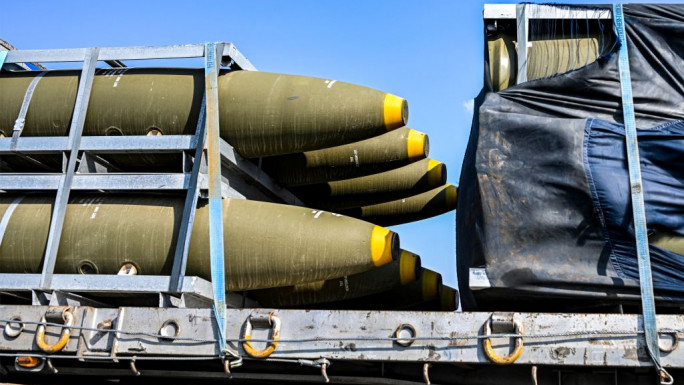
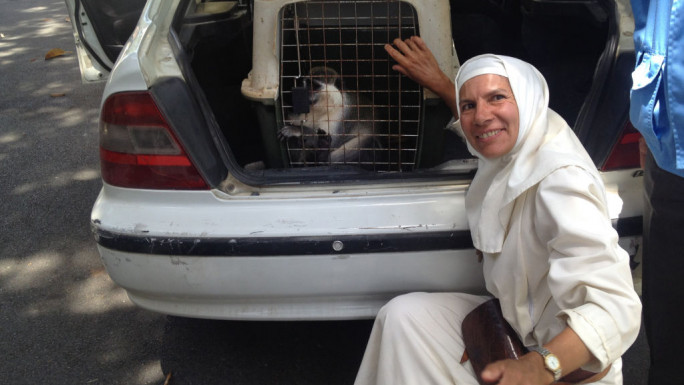
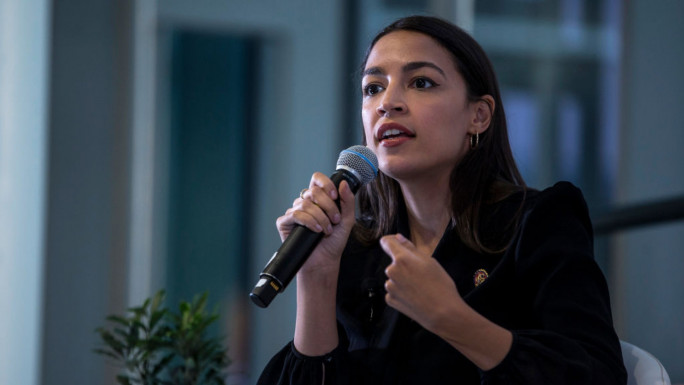
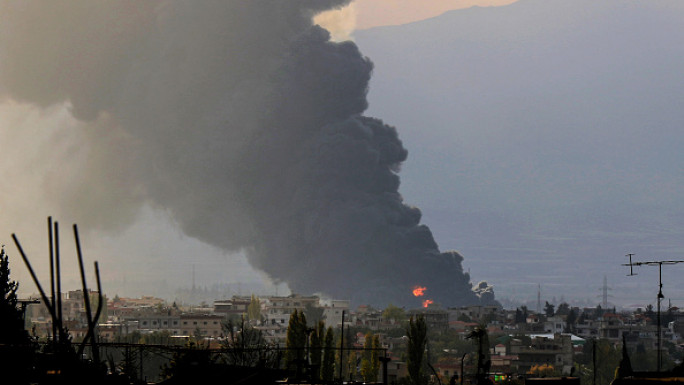
 Follow the Middle East's top stories in English at The New Arab on Google News
Follow the Middle East's top stories in English at The New Arab on Google News
